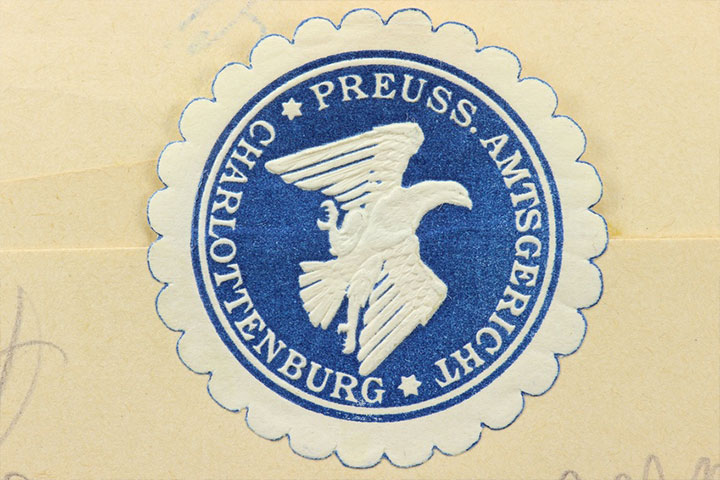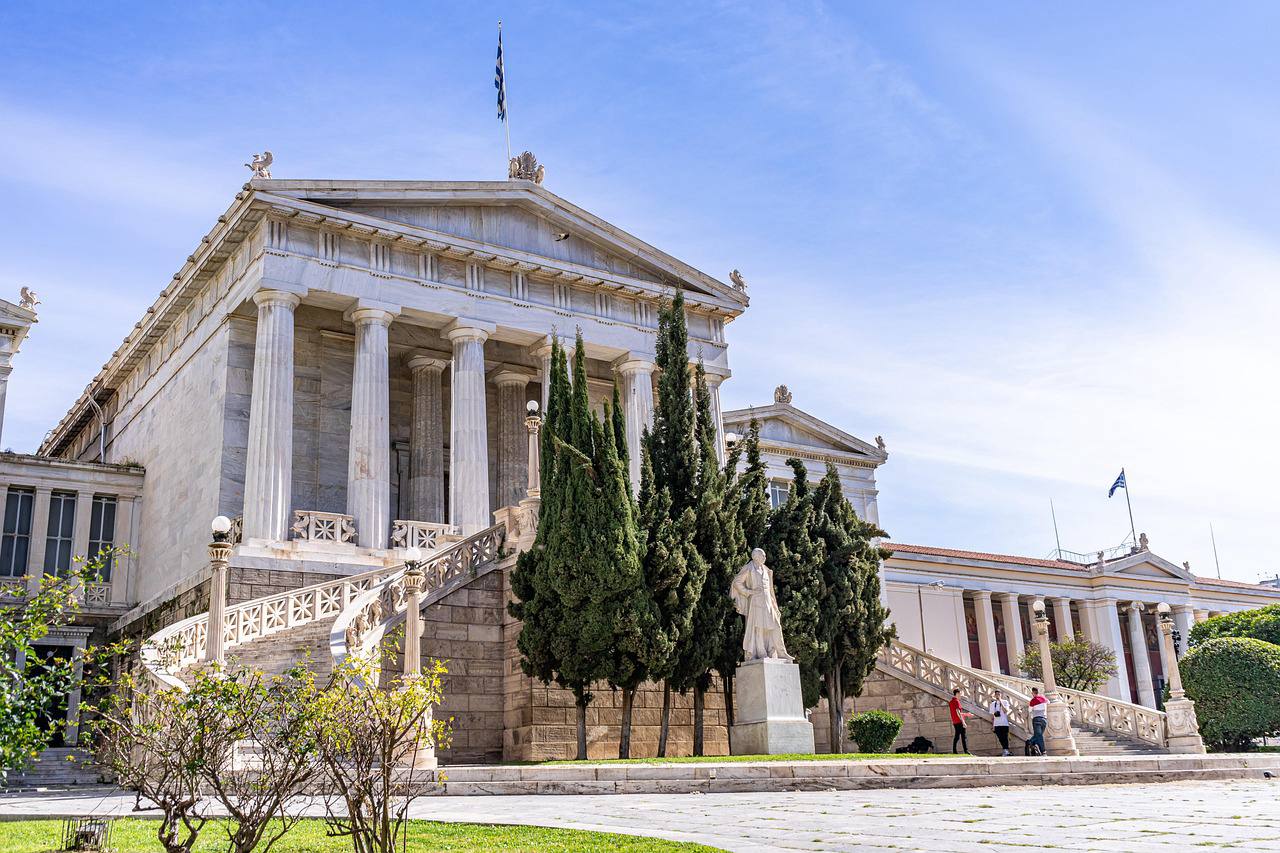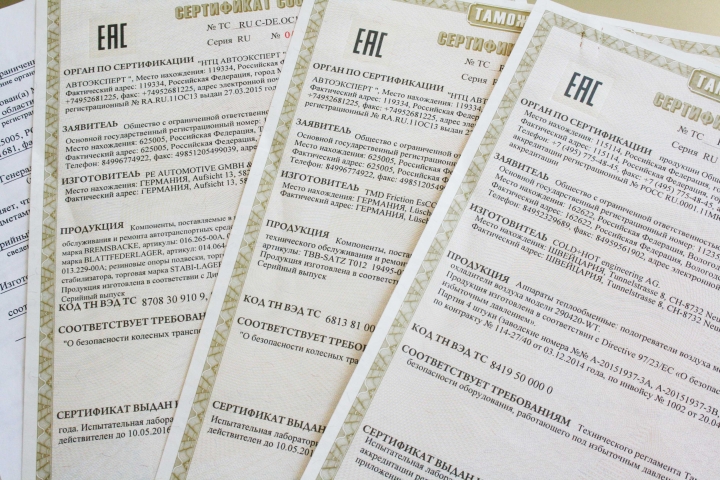
The company Schmidt & Schmidt provides services for the reclamation of civil status documents, as well as obtaining duplicates, lost or damaged documents in Mexico with their subsequent legalization and translation.
It often happens that civil status documents are lost or damaged, or it is necessary to obtain current copies of documents. In this case, it is necessary to reclaim duplicates of documents. Often, those who have left Mexico face difficulties in this procedure. Our service allows you to reclaim documents in Mexico remotely, and we can carry out courier delivery of the document to anywhere in the world.
Validity of civil status documents in Mexico
Civil status documents issued in Mexico generally have a validity period of no more than 1 year, depending on the state, after which they must be replaced with new ones containing up-to-date data.
When to get duplicate documents in Mexico
A duplicate birth certificate, marriage certificate, name change certificate, divorce certificate, criminal record certificate or death certificate may be required to register a marriage abroad, a newborn child, citizenship, inheritance, data verification for pension applications, opening bank accounts, employment and other bureaucratic issues.
What documents may be required in Mexico
- Birth certificate
- Marriage certificate
- Certificate of change of surname
- Divorce certificate
- Death certificate
- Certificates of good conduct
- Educational documents
- Other civil status documents
Birth certificate
A birth certificate is an official document provided by the Registrar or acting Registrar of the relevant Civil or Consular Register. It verifies details of an individual's birth, including the date, sex, and, if applicable, the time of birth and family relationships.
Mexico has a national digital system where birth certificates can be requested online. One will need their own CURP (Clave Única de Registro de Población) or provide full name, date and place of birth. The document is then issued as a PDF with QR code and digital signature. Optionally, it can also be obtained in person at the Civil Registry Office in the state where the birth was registered. In case of being abroad citizens can request the certificate at a Mexican consulate.
Required documents
- Valid ID / Photo
- Birth certificate details
Marriage certificate
The marriage certificate is the legal record of marriage, used to verify marital status. It is usually required for procedures such as changing the last name, applying for spousal benefits, immigration applications and for inheritance matters.
In Mexico only civil marriages are recognized as legal. A civil marriage in Mexico is fully valid for legal purposes worldwide. A marriage certificate is an official document that proves a legal marriage in Mexico. It can be obtained through different methods, depending on whether you need a physical or digital copy.
This certificate is available to most citizens through the government website. For this online procedure one will need their own CURP (Clave Única de Registro de Población) or provide full name, date and place of birth. The document is then issued as a PDF with QR code and digital signature. Optionally, it can also be obtained in person at the Civil Registry Office in the state where the marriage was registered. In case of being abroad citizens can request the certificate at a Mexican consulate. It can be requested by either the spouse, direct relatives or a legal representative.
Required documents
- Valid ID
- Marriage details
Divorce certificate
A divorce certificate serves the purpose to verify the legal dissolution of a marriage. It is required for procedures such as remarrying, updating marital status on legal records, immigration applications, and legal matters involving custody, support, or property division.
Requesting this certificate is available in most states through the government website. For this online procedure one will need their own CURP (Clave Única de Registro de Población) or provide full name, date and place of birth. The document is then issued as a PDF with QR code and digital signature. Optionally, it can also be obtained in person at the Civil Registry Office in the state where the marriage was registered. In case of being abroad citizens can request the certificate at a Mexican consulate. It can be requested by either the spouse, direct relatives or a legal representative.
Required documents
- Valid ID
- Divorce details (names of (ex)spouses, date and place)
Death certificate
The death certificate serves as an official confirmation of an individual's death. It is required for settling the deceased's estate, claiming life insurance and closing financial accounts. These documents can be obtained through the provincial vital statistics office.
In Mexico the certificate is issued by the Civil Registry in the place where the death occurred. It can be requested by immediate family members, a legal representative or a Funeral service provider. Some Mexican states allow requests through the national portal.
For this online procedure one will need their own CURP (Clave Única de Registro de Población) or provide full name, date and place of birth. The document is then issued as a PDF with QR code and digital signature. Optionally, it can also be obtained in person at the Civil Registry Office in the state where the marriage was registered. In case of being abroad citizens can request the certificate at a Mexican consulate.
Required documents
- Valid ID
- Information of the deceased
Police clearance certificate
A criminal record certificate, also known as a police certificate, is a document used to verify an individual's criminal record or confirm the absence of one. It is required for employment in sensitive fields, visa or immigration applications, volunteering, firearm permits and adoption proceedings.
The authority responsible for issuing police certificates in Mexico is the Attorney General’s Office (Procuraduría General de la República – PGR). Go to the nearest PGR in Mexico with the necessary documents, or apply online by submitting the required paperwork. After submitting your application and completing the payment, the issuing authority will begin processing your request.
There are two types of police clearance certificates in Mexico.
State-level certificate
This certificate is for use within Mexico and is issued by the States Attorney Generals Office (Fiscalia General del Estado). This certificate is required for inquiries such as applying for a local job or residency and immigration procedures in Mexico. To obtain this certificate, visit the Fiscalia General del Estado and provide the following information:
Required documents
- Valid ID
- CURP (Clave Única de Registro de Población)
- Proof of address
- Fingerprint and biometric verification
Federal-level certificate
This certificate is aimed for use abroad and is issued by the Fiscalia General de la Republica in Mexico. This certificate is required for procedures such as visa, residency or work applications abroad as well as for international background checks. One can schedule an appointment at the Fiscalia General de la Republica to request the document.
Required documents
- Valid ID
- CURP (Clave Única de Registro de Población)
- Birth certificate
- Proof of address
- Fingerprint and photo verification
Educational documents
Foreign educational documents only carry the same legal value as Mexican documents if they are exempt from legalization or have undergone the necessary legalization process. Documents from countries with bilateral agreements with Mexico are fully exempt from legalization. Documents from countries that are part of the Hague Convention of 1961 undergo a simplified procedure called apostille. If neither countries are part of the convention or have bilateral agreements they undergo consular legalization
Commercial documents cannot be apostilled. Therefore, if you received a certificate of educational courses from a private company, which does not have an educational license, you will not be able to certify it with an apostille. Only documents from certified educational institutions with an official state license can be legalized through the apostille procedure.
Steps to obtain an apostille
Begin by submitting the document (such as a diploma or certificate) to the relevant Mexican authority for authentication. This is typically the Ministry of Justice of Mexico or other designated bodies, depending on the nature of the document.
The designated authority will verify the document's legitimacy. Once the document is authenticated, it will be eligible for the apostille process.
After authentication, the document is sent to the Ministry of Foreign Affairs (MFA) of Mexico for apostille certification. The MFA is the official body responsible for affixing the apostille to the document.
Once the apostille is attached, the document is certified as authentic and legally valid for use in other countries that are signatories to the Hague Convention Abolishing the Requirement of Legalisation for Foreign Public Documents.
What is an apostille?
What is an apostille? Why do I need an apostille? How do I get an apostille? - Our video will explain everything you need to know about the apostille. If you have a document that needs to be certified with an apostille for use abroad, Schmidt & Schmidt will assist you! We provide apostille services in more than 100 countries worldwide.
Steps for consular legalisation
Begin by submitting your document (such as a diploma or certificate) to the appropriate Mexican authority for authentication. This is typically the Ministry of Justice or other relevant government bodies. The specific requirements for authentication, such as notarization, translation, or additional supporting documents, may vary depending on the authority.
Once the document has been authenticated by the relevant authority, it should be submitted to the Ministry of Foreign Affairs (MFA) of Mexico. The MFA will verify the document and may request further supporting documentation or charge a fee. Processing times can vary depending on the workload.
After the MFA has certified the document, it must be taken to the embassy or consulate of the country where the document will be used. You may need to make an appointment or submit additional documents, and fees could apply for the certification. Processing times may differ depending on the embassy's requirements.
Once the embassy or consulate has legalized the document, it will be returned to you, and you can use it in the destination country for its intended purpose. Please note that the overall process may take some time due to the multiple stages involved.
What is consular legalization?
In our video we are explaining what consular legalization is and where to apply for it.
Schmidt & Schmidt will assist you in all issues concerning the legalization.
Schmidt & Schmidt offers legalization in more than 80 countries all over the world.
You can always contact Schmidt & Schmidt, we have extensive experience in the legalization of a variety of documents and we provide all the necessary services in this area, including the making of notarized copies, translation, preparation of the necessary powers of attorney, legalization of documents before government agencies and foreign consulates, as well as delivery of finished documents to most countries in the world.
















































